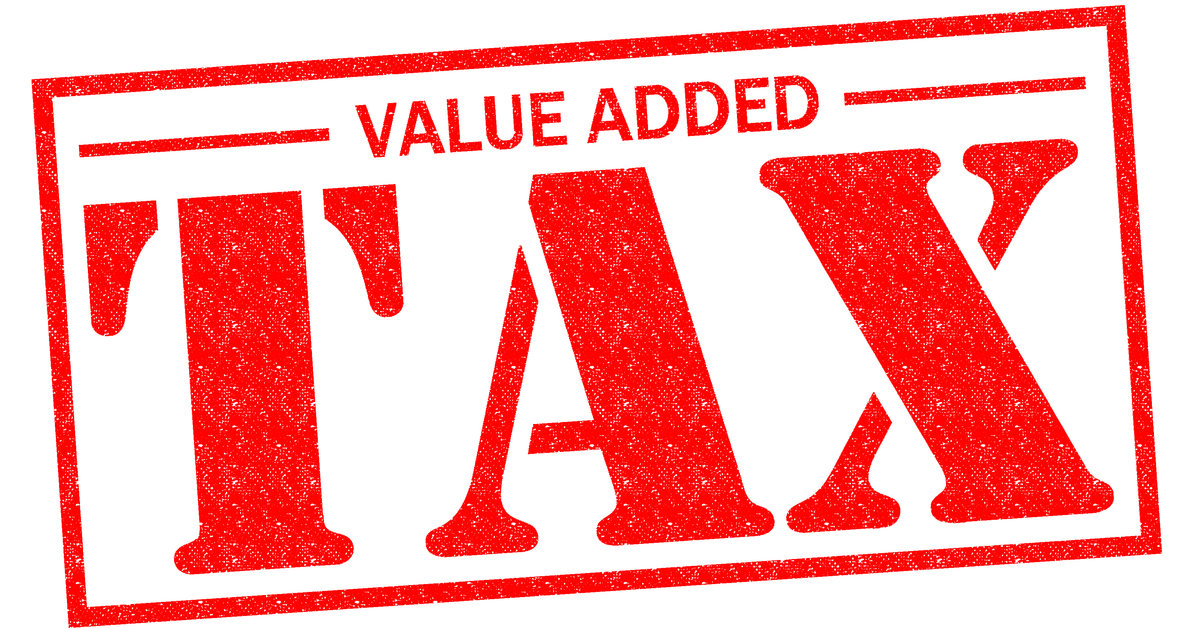Indications that the Federal Government’s fiscal projections on revenue collectible from tax sources in yearly budgets are not based on realities in the economy have been reflected as the federally-collectible tax projections gap stood at N7,188.90 billion in the last five years.
According to a just-published report by the Civil Society Legislative Advocacy Centre (CISLAC), with support from OXFAM, titled: “Policy Brief on Effective Public Finance Management Roadmap in Nigeria”, with just a tax-to-GDP ratio at about six percent, Nigeria remained one of the countries in Africa and indeed globally that failed to optimally harness their tax opportunities for development.
- Banks, oil companies face probe over $30bn revenue loss
- Benue revenue service unveils measures to grow IGR
The policy brief, a tripartite contribution from government, CSOs and the OPS, indicated that in the five-year period from 2015 to 2019, total tax revenue projections totaled N29,210.30bn while collections stood at N22,021.40bn, representing a 20.61 percent gap.
An analysis of tax projections gaps on a year-by-year basis showed that in the 2015 fiscal year, while the government projected to collect N4,572.10bn, its total tax revenue accruals stood at N3,741.80bn. In 2016, the government targeted N4,200.20bn collections but only generated N3,307.50bn.
Also, the government’s effort to rake in N4,888.70bn based on the approved budget for 2017 failed to hit the target as total collections stood at N4,027.90bn, representing a N860.80bn gap. In 2018, the tax revenue target stood at N6,747.00bn but only N5,320.50bn was collected. Similarly, the 2019 fiscal year’s tax revenue target of N8,802.30bn was missed by N3,178.60bn as total collections peaked at N5,623.70bn.
To reverse the ugly trend of burgeoning tax gaps, CISLAC canvassed four-point fiscal imperatives for the authorities, namely implementation of progressive taxation; expansion of the tax base, increasing tax compliance rate; and strengthening anti-tax evasion and avoidance policies and legislations.
Specifically, the CSO recommended that in order to improve public finance management for effective development through revenue measures, governments at all levels should develop Inclusive Public Finance Framework with a clear resource mobilisation plan that looks beyond oil revenue; establish framework for the management of the extractive sector as well as complete overhauling of the tax system for efficiency.
Speaking at a Stakeholders (Media) Dialogue on Policies, Gaps and Alternatives in Fiscal Transparency forum where the report findings and how to enhance transparency in the nation’s public finance system were critically appraised yesterday, CISLAC’s Programme Manager, Tax, Justice, Environment and Conservation of Nature, Chinedu Bassey, noted that despite policy and legislative initiatives in public finance, results continued to prove that nothing seemed to have changed in real terms.
Bassey, who cited the Deep Offshore and Inland Oil and Gas Act, Public Procurement Act and the just enacted Finance Act 2020 to corroborate his views, said there was a long way to go if the desired results were to be achieved.

 Join Daily Trust WhatsApp Community For Quick Access To News and Happenings Around You.
Join Daily Trust WhatsApp Community For Quick Access To News and Happenings Around You.


